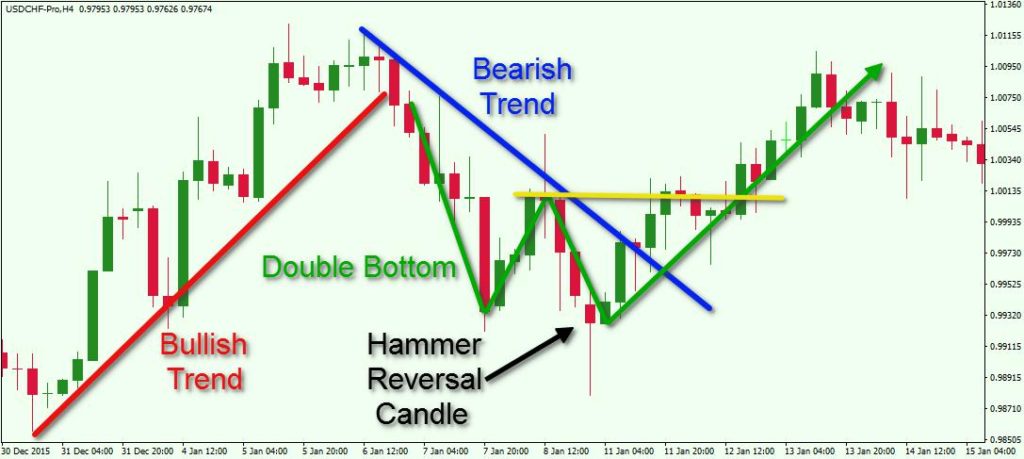Welcome to the exciting world of forex trading! Whether you're new to the concept or simply exploring your options, this guide will give you a solid foundation to start your journey into the forex market.
What is Forex Trading?
Forex trading, also known as foreign exchange trading or currency trading, is the act of buying and selling currency pairs in a decentralized global market. It’s the largest financial market in the world, with a daily trading volume of over $6 trillion.
Forex trading enables individuals, businesses, and institutions to speculate on currency price movements, hedge against risks, or facilitate international transactions. Simply put, it's the process of exchanging one currency for another.
How Currency Pairs Work
In forex trading, currencies are always traded in pairs. Each pair consists of two currencies: a "base" currency and a "quote" currency. The base currency is the first currency listed, while the quote currency is the second.
For example, in the EUR/USD pair:
- EUR (Euro): This is the base currency.
- USD (U.S. Dollar): This is the quote currency.
The exchange rate represents how much of the quote currency is needed to purchase one unit of the base currency. If EUR/USD is 1.1000, this means 1 Euro costs 1.10 U.S. Dollars.
Key Features of Forex Trading
- Decentralized Market: Forex trading doesn’t happen on a centralized exchange. It operates through an interconnected network of banks, brokers, and traders.
- 24/5 Accessibility: The forex market is open 24 hours a day, five days a week, making it convenient for traders across different time zones.
- Leverage: Forex brokers often provide leverage, enabling traders to control large positions with a relatively small amount of capital. While leverage amplifies potential profits, it also increases risk.
Common Forex Terms You Should Know
- Pip: The smallest unit of price movement in forex.
- Spread: The difference between the bid (selling) price and the ask (buying) price.
- Lot Size: The volume or size of a trade (e.g., standard, mini, or micro lot).
- Leverage: The ability to trade larger amounts with a smaller capital investment.
- Margin: The amount of money required to open and maintain a leveraged position.
Why Forex Trading Appeals to Beginners
Forex trading is popular among beginners because it offers flexibility, accessibility, and the potential for high returns. However, it’s important to approach trading with a strategy and a clear understanding of the risks involved.
Where to Start
If you're ready to dip your toes into forex trading, here are a few tips to get started:
- Choose a reliable forex broker with transparent fees and strong regulatory compliance.
- Learn the basics of technical and fundamental analysis to understand market trends.
- Practice trading with a demo account to build confidence and refine your strategies.
- Always trade responsibly and avoid emotional decision-making.








Comments On This Post